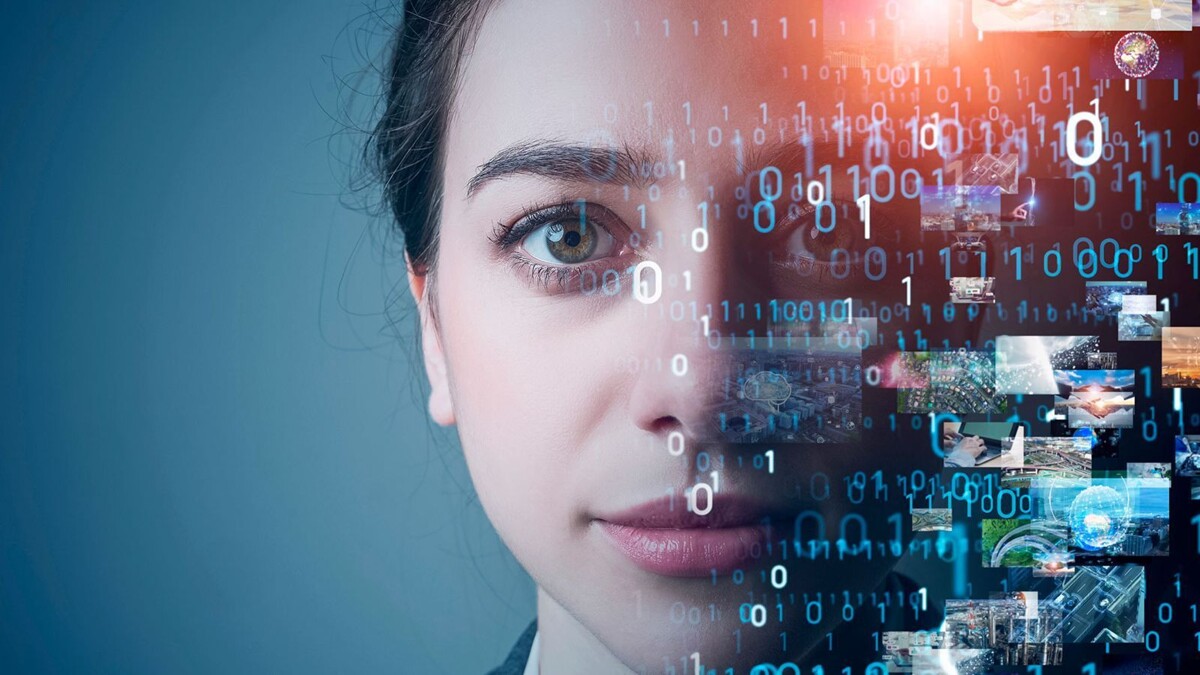
Artificial intelligence is a recurrent theme of debate and concern. Many fear that AI may surpass humanity, generate unpredictable consequences, or even become self-aware. However, beyond dystopian scenarios, the important thing is to focus on how to use this technology ethically and responsibly. Transparency, independent audits, and laws that protect individuals are fundamental to ensuring that AI is used for the benefit of society.
In a world where AI is already capable of drafting laws, diagnosing diseases, and composing music, ethical and social challenges arise. From racial biases in algorithms to deepfakes that manipulate elections, it is necessary to address the real risks posed by this technological advancement. It is crucial to find a balance between innovation and the protection of human rights in the digital age.
Historically, alarming news has emerged regarding artificial intelligence. From supposed secret languages invented by algorithms to rumors about self-aware AI, confusion and fear can spread rapidly on social media. It is important to carefully analyze the information and not succumb to the collective hysteria that often surrounds these topics.
Instead of being carried away by panic, it is essential to understand the scope and limitations of artificial intelligence. By focusing on promoting an ethical and beneficial use of this technology, we can harness its full potential without falling into excesses that could harm society. Collaboration among experts, lawmakers, and businesses is key to ensuring responsible AI development in the coming years.














